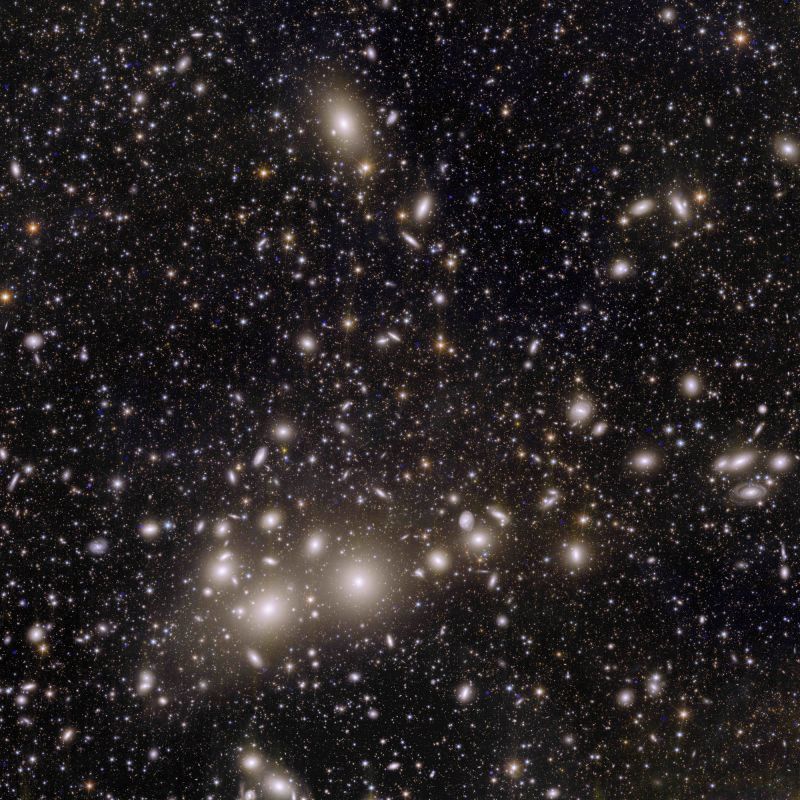Discover the Capabilities of the Euclid Space Telescope
The Euclid space telescope has made headlines with its remarkable ability to explore the vastness of the universe. This innovative instrument provides breathtaking images and valuable data that scientists can utilize to unlock the mysteries of dark energy and dark matter.
Wide Field of View
One of the most impressive features of the Euclid telescope is its wide field of view. This allows it to capture expansive areas of the sky, revealing the intricate details of various cosmic objects.
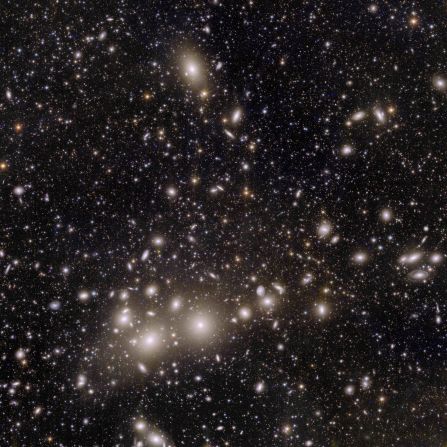
Revealing Hidden Galaxies
Moreover, the telescope has also observed spiral galaxy IC 342, often referred to as the “Hidden Galaxy.” This designation comes from its location behind clouds of obscuring dust and gas. Euclid’s observations have revealed new details about its stars, enhancing our understanding of galaxy formation.
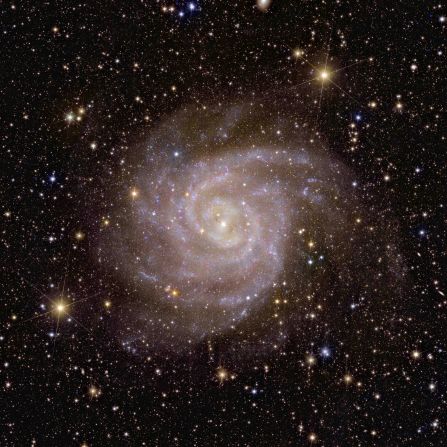
Exploring Nebulae
Equally captivating are the newly formed stars observed within the Horsehead Nebula. This region, brimming with gas and dust, presents an exciting opportunity for scientists to search for young, Jupiter-sized planets.
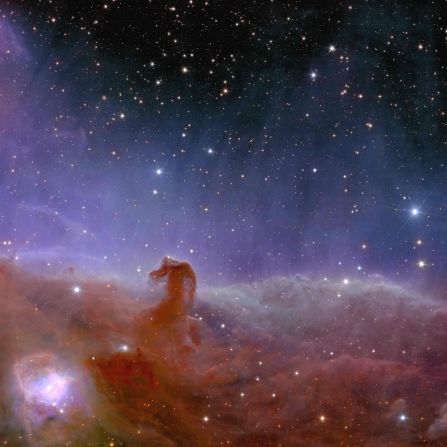
Examining Distant Galaxies
Additionally, NGC 6822, an irregular dwarf galaxy located 1.6 million light-years from Earth, appears strikingly similar to small galaxies from the universe’s early days. This provides critical insights into galaxy evolution over billions of years.
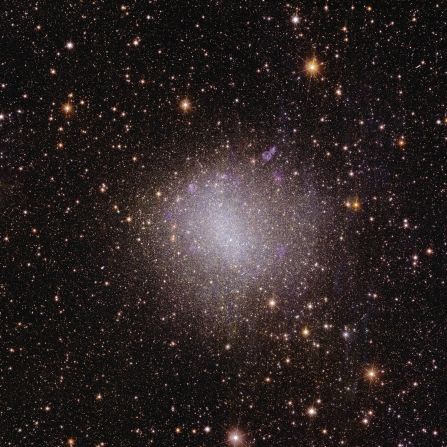
Conclusion
In conclusion, the Euclid space telescope stands as a groundbreaking tool in modern astronomy. Its capabilities not only enhance our visual understanding of cosmic structures but also offer compelling data that could transform our comprehension of the universe.
